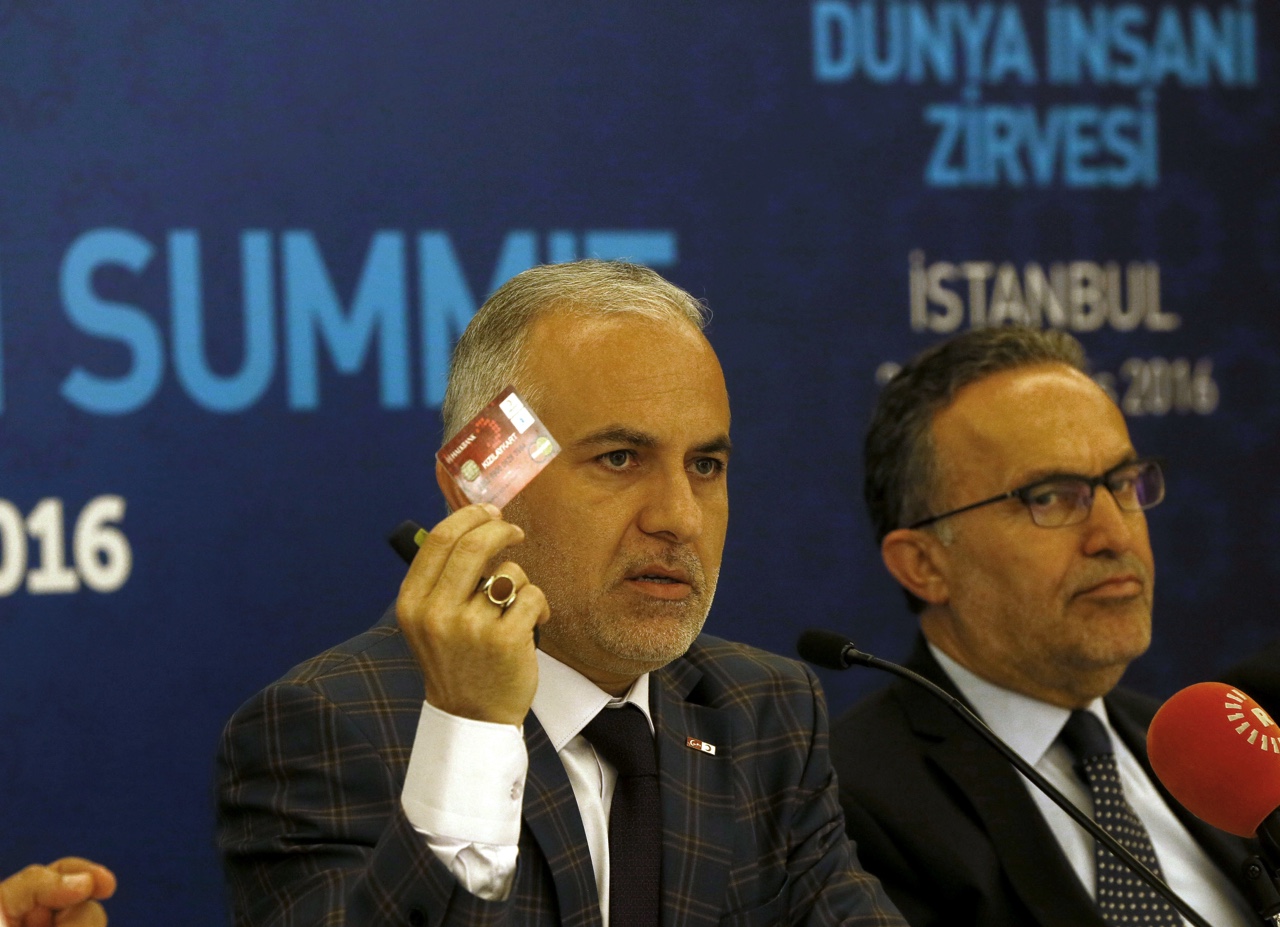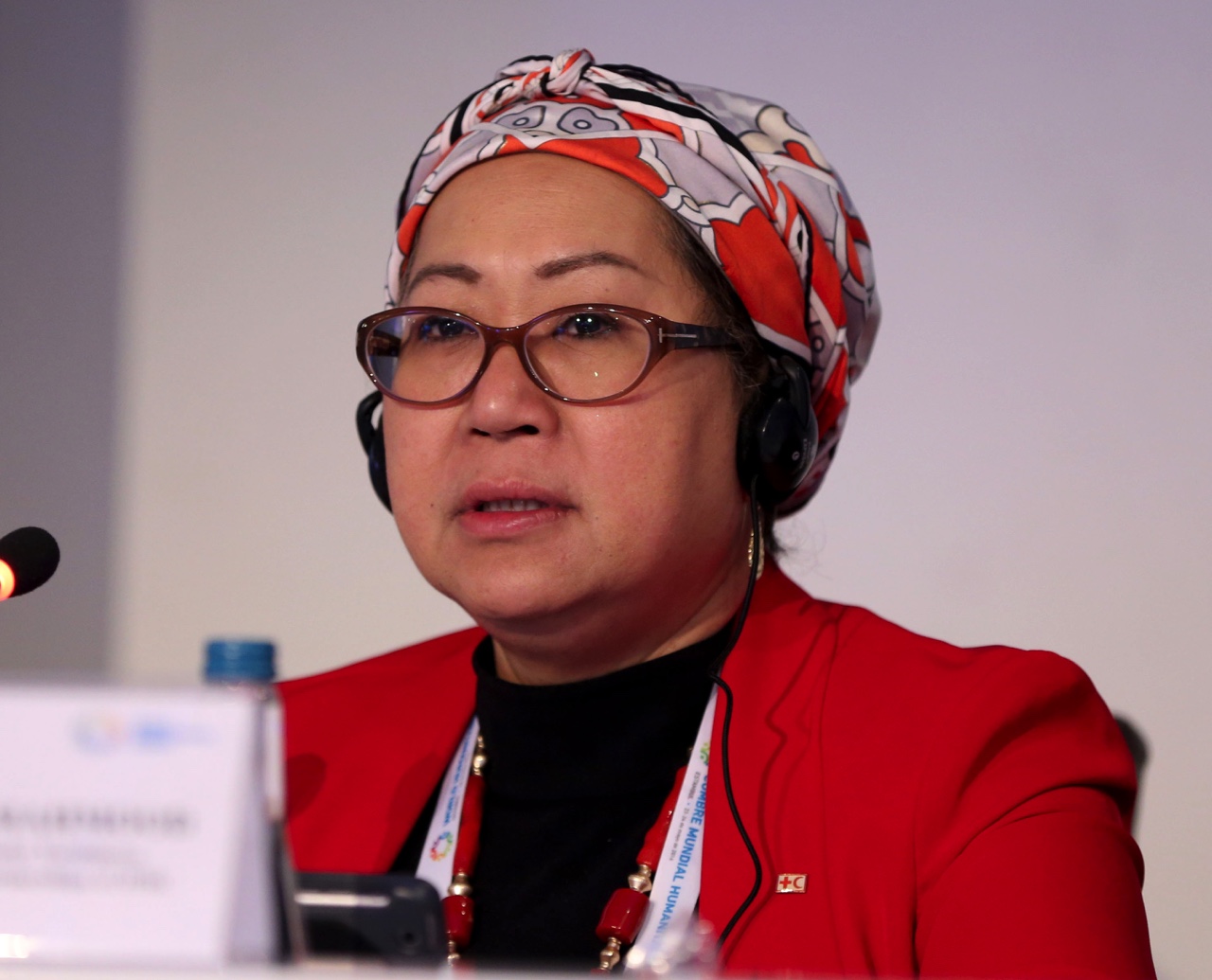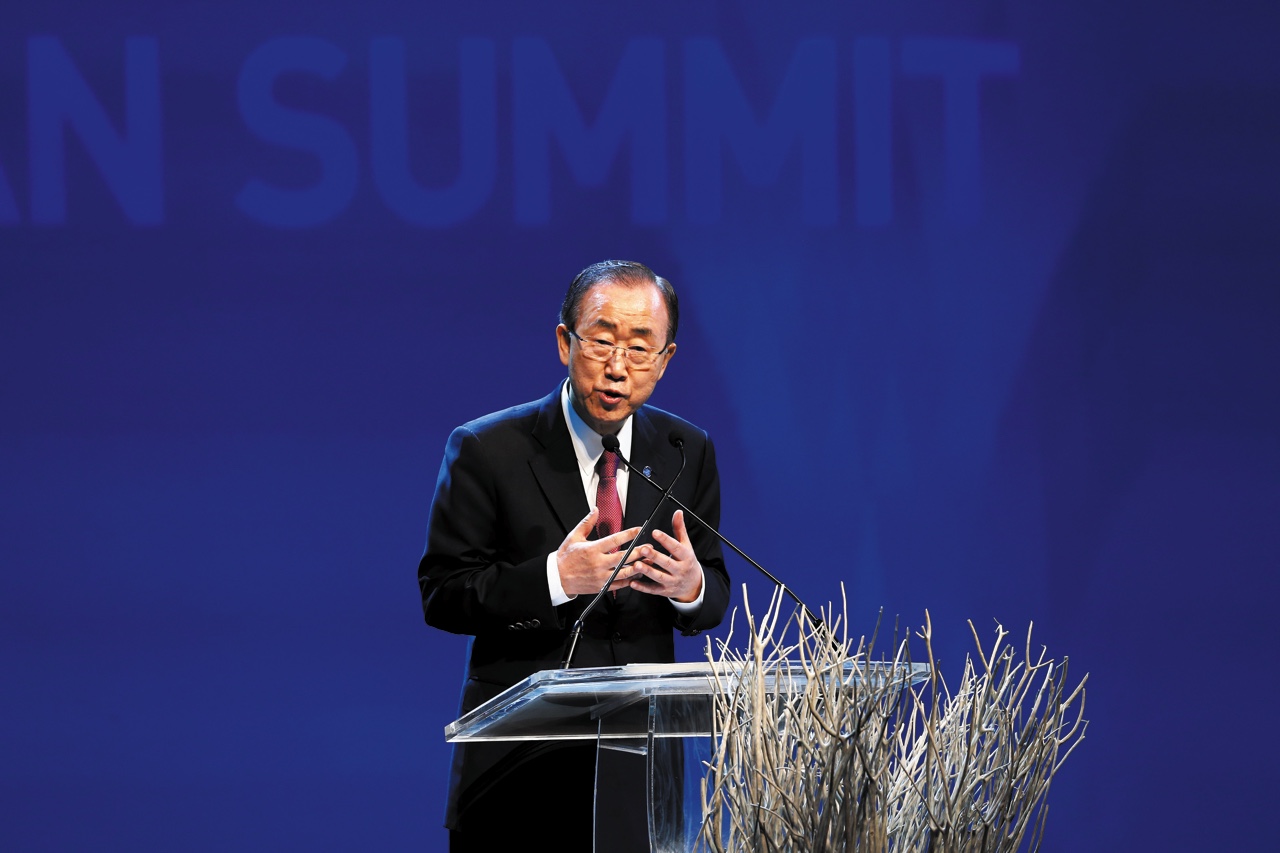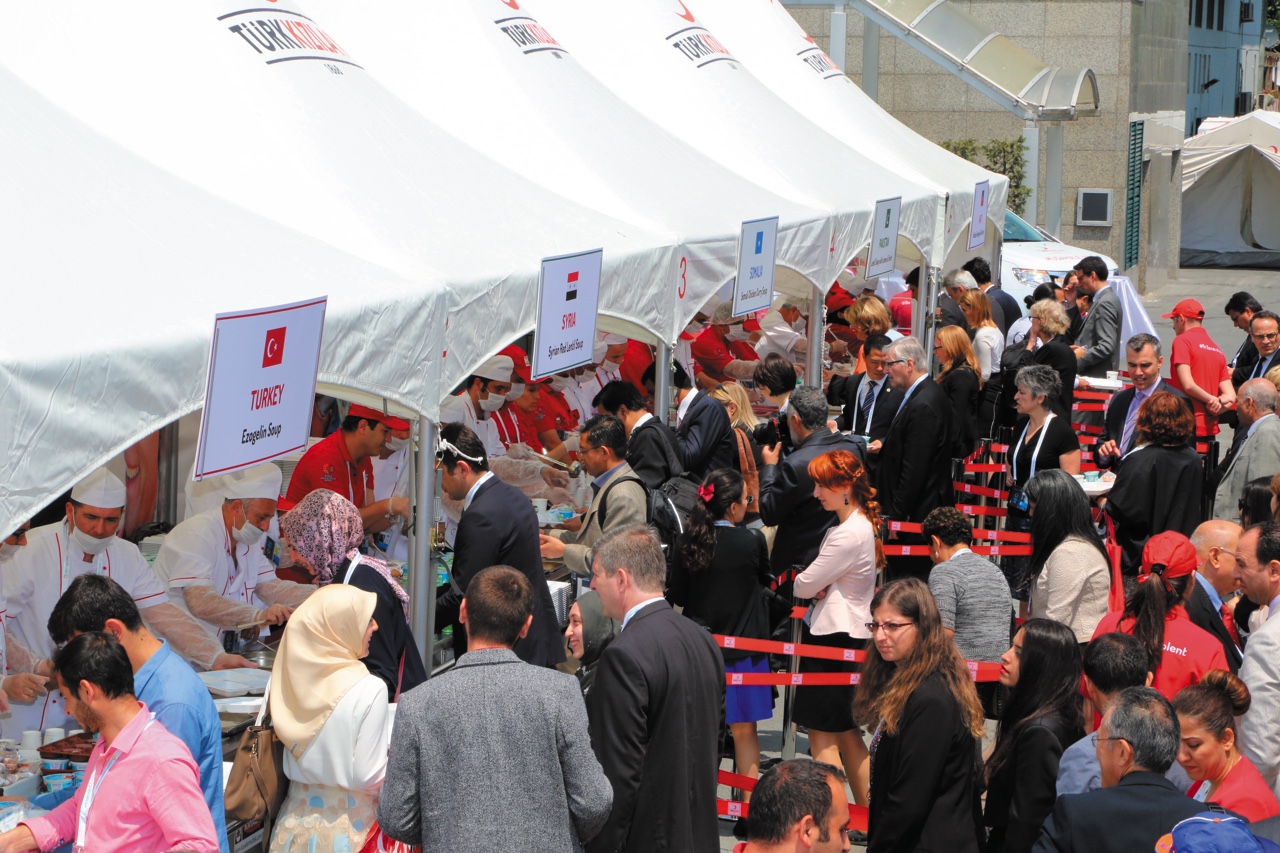To get a sense of what the lasting footprint of the Summit will be in for humanitarians working in communities around the world, we asked a few people for their thoughts. Let us know what you think by leaving your comments in the field below.
Arianna Tsolakoglou
Head of advocacy at Solidarity Now, a migrant and refugee support organization based in Athens, Greece.
“Many refugees who were on the move are now stuck in Greece and they will probably be there for a while. So we launched a hosting programme where we get them in contact with locals, bring them into a warm atmosphere in Greek homes with the goal of assimilating them into society.”
What did you hope to get from the Summit?
“We wanted to come to the World Humanitarian Summit to generate a dialogue. We are suffering both a humanitarian and a financial crisis but there’s not a unified European response to either. We don’t think there will be a radical change [due to] this summit, there are still conflicts raging worldwide, but what can change is committing to joint action and this hasn’t been done.
“At the moment there are divisions and self-interest all across the European Union so this is an opportunity not for new bold actions, but to remind and reinforce what we are already committed to. For example, we need a common European asylum policy and individual member states need to commit to the agreed refugees’ relocation scheme. The funding is there but its delivery is suffering from lack of common and unified purpose.
Wendpagnangdé Jocelyne Sankima
Project manager for the Burkina Faso Red Cross.
What do you think of the notion proposed at the Summit that local organizations and communities should have a greater voice in determining how humanitarian aid should be delivered?
“Too often, international humanitarian organizations don’t consider local collectives as anything more than beneficiaries or recipients of their projects and not like active participants. Local Communities should be involved from the beginning. You can’t show up and just say ‘do this,’ ‘do that.’ The people need to feel that they themselves are connected with the project. They should be present all throughout the process, from the identification of the problem to the solution.”
Bessy Valle Paz
National Volunteering Director at Honduran Red Cross
Do you agree that the humanitarian sector needs to do a better job of strengthening local community-based networks?
“No-one understands a situation better than those affected by it. Accordingly, National Societies and other humanitarian actors present in the community must recognize the value of the knowledge and experience of local people, not only as sources of information or labour, but also as local experts. Very often, people in the community already have in mind one or more solutions to their problems, and our work is to simply facilitate the processes required to bring them to fruition, managing and optimizing the necessary resources.”
Are international organizations, including the ICRC and the International Federation, taking the right approach?
“We are on the right path. There are new projects, new initiatives and new research emerging all the time, allowing the Movement to adapt to a changing world in order to stay relevant and recognize new needs as they arise. A noteworthy aspect is the involvement and influence of young people. Yet we still have a long way to go. We need to be even more inclusive and open. We must ask ourselves if the composition of our National Society volunteer base is really representative of the vulnerable populations we are trying to help. Are we creating programmes in which anyone can be a volunteer? Are our existing programmes adapting to changing conditions?”
 Red Cross Red Crescent magazine
Red Cross Red Crescent magazine 









